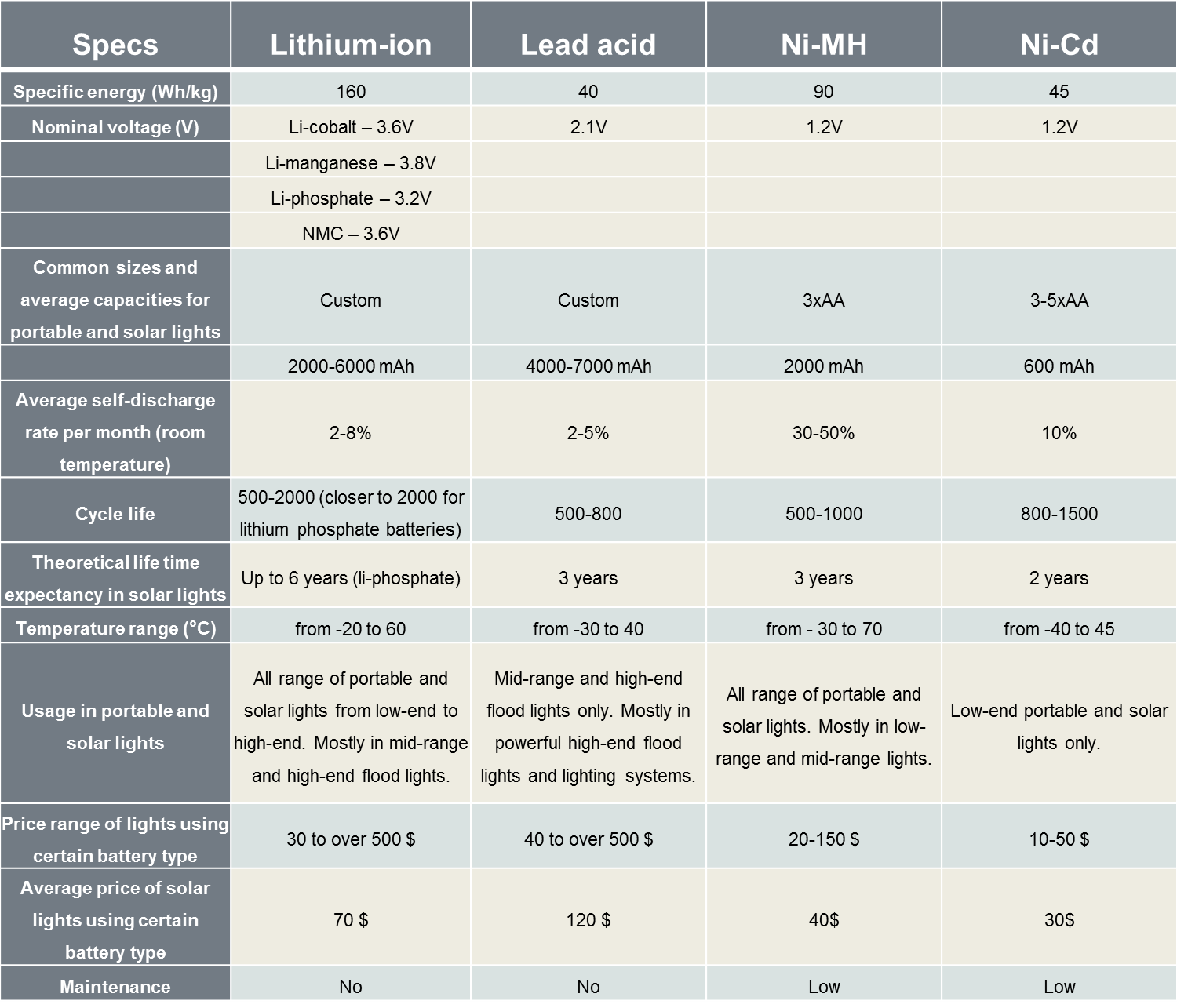Thinking about power
Our aim is to produce an independent power solar battery
system for our nodes and our main hub. Further goals are longevity, durability
and reliability of core system functionality and low and simple maintenance
requirements. Furthermore, ease in pairing nodes to main hub via RFID and firmware
updates over the air are subjects that we are also researching.
Starting with the sensor node:
Sensor nodes should be very cheap
as they should allow farmers in 3rd world countries to scale up if the
farm area is bigger than a hector. In that case a repeater node will be
required.
We decided to go with the Arduino
Pro Mini (3,3V 8MHz version as main) controller due to its low power
consumption. On the transceiver side, we decided to first test the modules
available on the market and to choose later. The sensor node in operational
mode be powered only 4 times a day an sleep most of the time if not instructed
otherwise (update/pairing mode).
 |
| Global sunlight |
What we know:
-
Worst
case 4 Hours of bad sunlight a day.
-
Battery
may not overcharge or -discharge
Power consumers to 3:
1. Tx/Rx module with about 20mA in sleep up to 300mA
on sending
2. Hygrometer, not a lot but constant about 8mA
3. Board, could sleep
And if the board is sleeping we
eliminate 1. and 2.
After some research into similar
projects (links below) we learned that rechargeable batteries differ in many
ways. We decided to try two battery types. NiMh and LIon. From further research,
we were able to determine the sort of solar panel we need (5~6V with 100mA).
 |
| Comparison of rechargeable battery types |
Links:
http://www.instructables.com/id/SOLAR-POWERED-ARDUINO-WEATHER-STATION/
http://www.instructables.com/id/ESP8266-Wifi-Temperature-Logger/
http://www.instructables.com/id/ARDUINO-SOLAR-CHARGE-CONTROLLER-Version-20/
http://www.instructables.com/id/Self-Sufficient-Arduino-Board/
http://blog.whatgeek.com.pt/2014/08/arduino-hygrometer-or-humidity-sensor/
http://earth.rice.edu/MTPE/geo/geosphere/hot/energyfuture/Sunlight.jpg
http://earth.rice.edu/MTPE/geo/geosphere/hot/energyfuture/Sunlight.jpg
No comments:
Post a Comment